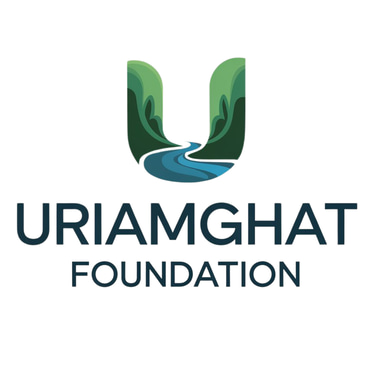Project Eti Koli Duti Pat- A Step Towards Model Tea Garden
The tea tribe community, also known as the Adivasis or tea garden workers, consists largely of people brought from different regions of India (like Jharkhand, Odisha, and Bihar) during the British colonial period to work in Assam's tea plantations. Their historical role as laborers in tea estates has led to socio-economic marginalization. Many members of the tea tribe community are employed in tea gardens, where they work long hours under challenging conditions. Wages are often low, and job security can be precarious. Despite working in the tea industry, many struggle with poverty due to low wages and a lack of alternative employment opportunities. Educational facilities in tea garden areas are often inadequate. Schools may be poorly equipped and understaffed. Literacy rates among tea tribe communities tend to be lower compared to other regions. This is influenced by factors such as economic constraints and lack of access to quality education. The access to healthcare services is limited. Tea garden workers and their families often live in remote areas with few medical facilities. Common health problems include malnutrition, respiratory issues due to exposure to pesticides, and other conditions related to poor living standards. The housing conditions of tea tribe community are generally poor, with inadequate infrastructure. Many live in cramped quarters within or near tea estates. Access to clean drinking water, sanitation, and electricity can be limited, impacting overall living conditions. The tea tribe community has a distinct cultural identity with their own languages, traditions, and social practices. There can be social marginalization and discrimination from other communities, affecting their social integration and opportunities. The quality of life for the tea tribe community in Assam is influenced by a complex interplay of historical, economic, and social factors. While there have been improvements in certain areas, significant challenges remain.
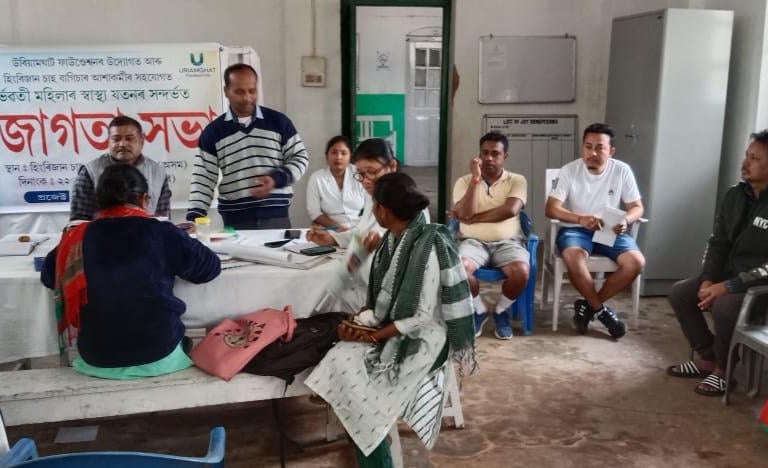

The development of the country will only be possible when the every tribe, every community, every caste and every religion will develop together. India is a developing nation and from the independence, our people fighting to make the mark as a developed nation and struggle to receive equal power and rights with other strong nations. Government of India targeting to achieve development by 2047 and work towards Amrit Kaal. Recently, India celebrated 75 years of Independence. The idea of Amrit kaal extends that forward to the next twenty-five years, to 2047, when India will celebrate 100 years of Independence. The India of 2025 is different from the India of 1947 and the India of 2047 will be different from the India of 2025 in ways few can anticipate and project today.
Through our NGO we are planning to develop the tea garden community of Assam with our holistic approaches and make the tea tribe community a developed community by 2047. Project Eti Koli Duti Pat is a flagship initiative of the Uriamghat Foundation, dedicated to the holistic development of the tea tribe community. This project aims to align the growth and progress of this vibrant community with the broader development goals of the nation, recognizing their invaluable contribution to India's cultural and economic fabric.
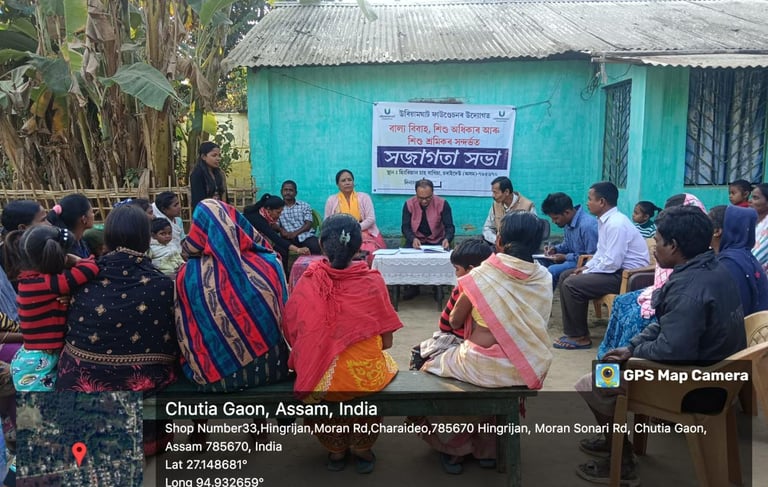

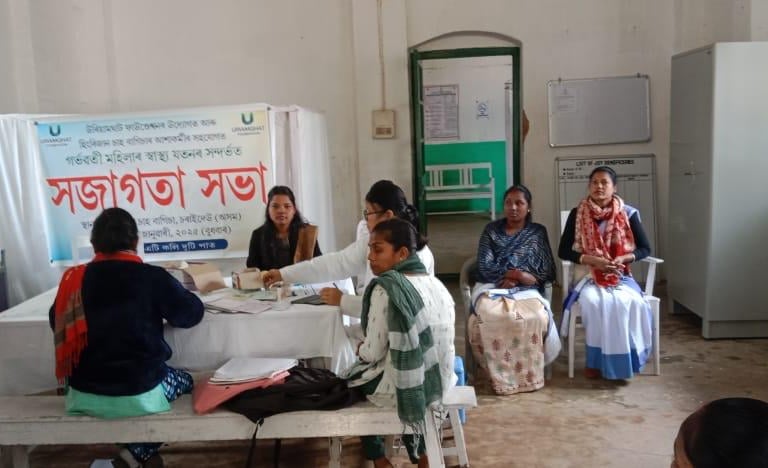

Currently, the project is focused on the districts of Charaideo and Golaghat in Assam, working closely with tea tribe communities to address their unique challenges and opportunities. Through targeted programs, Project Eti Koli Duti Pat seeks to enhance education, healthcare, livelihood opportunities, and social awareness, fostering sustainable development and empowerment.
By nurturing the potential of the tea tribe community, this initiative envisions strengthening the roots of the nation and building a more inclusive and prosperous society.
As there are 800+ Tea Gardens in Assam, it is not easy to change the scenario in one day. We plan a long term goal to change the situation in the community by making it a holistic development of the community and target to align our goal to GOVT OF INDIA’s aim to achieve development by 2047.
As we all know that the United Nations Development Programme (UNDP) aligns its work with the Sustainable Development Goals (SDGs), which are a set of 17 global goals established by the United Nations General Assembly in 2015. These goals are designed to address various global challenges and improve the quality of life around the world by 2030. Our Project- “ETI KOLI DUTI PAT” to develop the Tea Tribe Community by holistically will also fulfill 15 SDG goals to develop the community.
The targeting Goals are –
Under our Flagship project Eti Koli Duti Pat, currently we are working -
Awareness Program among the community, on Child Marriage, Child Labore and Basic Rights of Children.
We are started working with Tea Garden Schools to provide them Quality Education
Empowering Tea Tribe Girls through Self Defence Training
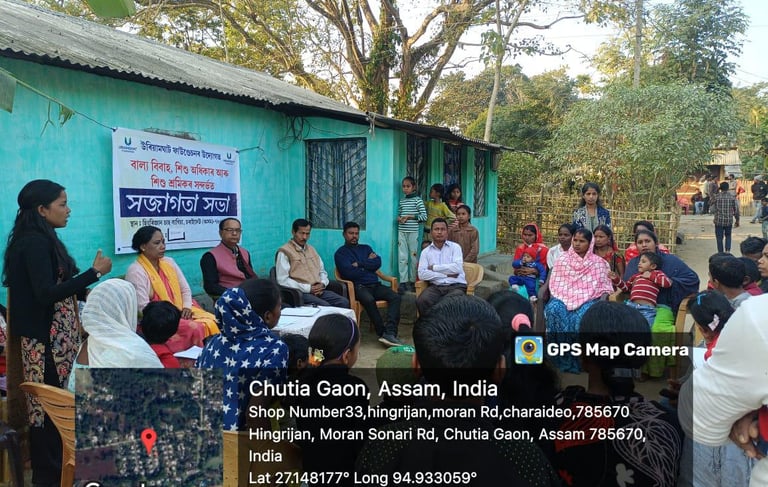

Empowerment
Fostering sustainable development for tea tribes.
Community
Safety
+91-7002675319
© 2025. All rights reserved | Developed by Hashtag Consultancy
